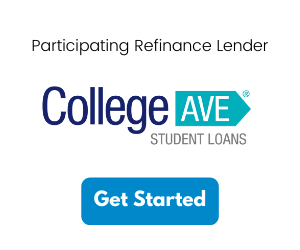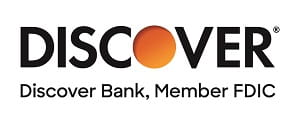Federal consolidation loans have fixed interest rates. The interest rates on federal consolidation loans are based on the weighted average of the interest rates of the federal education loans being consolidated, rounded up to the nearest one eighth of one percent. Private student loans may not be included in a federal consolidation loan.
The use of a weighted average roughly preserves the underlying cost of the loans. For example , if a borrower had a $7,500 loan at 3.4% and a $10,000 loan at 6.8%, the interest rate on the federal consolidation loan would be
![]()
This would then be rounded up to the nearest 1/8th of a point, or 5.375%. Assuming a 10-year repayment term, the monthly loan payments on the 3.4% and 6.8% loans would be $73.81 and $115.08, respectively, a total of $188.89, while the monthly payment on the consolidation loan would be $188.84.
The interest rate on a consolidation loan is between the highest and lowest interest rates of the loans being consolidated.
Through June 30, 2013 the interest rates on a consolidation loan were capped at 8.25%. There is no cap on the interest rates on new federal consolidation loans made on or after July 1, 2013.
When federal student loans had variable rates, federal consolidation loans could be used to lock in the current rate on the loans. The interest rate on a federal consolidation loan was based on the current interest rates on the loans being consolidated. This gave borrowers an incentive to consolidate during the in-school or grace periods, when interest rates were lower. For example, borrowers could lock in rates as low as 2.875% in May 2005 on Direct Subsidized and Unsubsidized Loans during the in-school or grace periods. With a 0.25% interest rate reduction for auto-debit, borrowers could drop the rate to as low as 2.625%.
The switch to fixed rates for new loans made on or after July 1, 2006 eliminated this “locking-in” benefit of Direct Consolidation Loans, since the interest rates were already fixed on new Direct Subsidized and Unsubsidized Loans and PLUS Loans.











